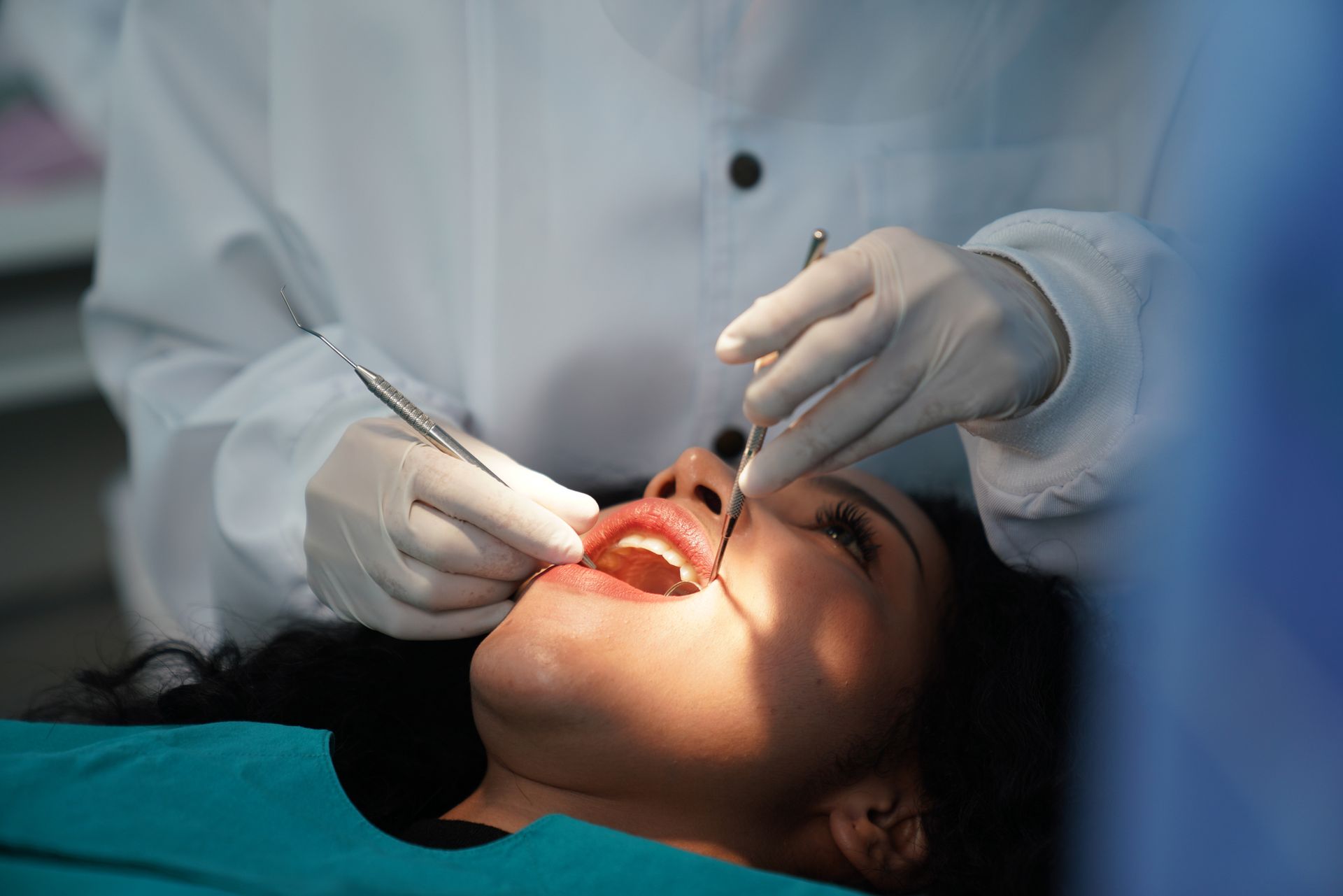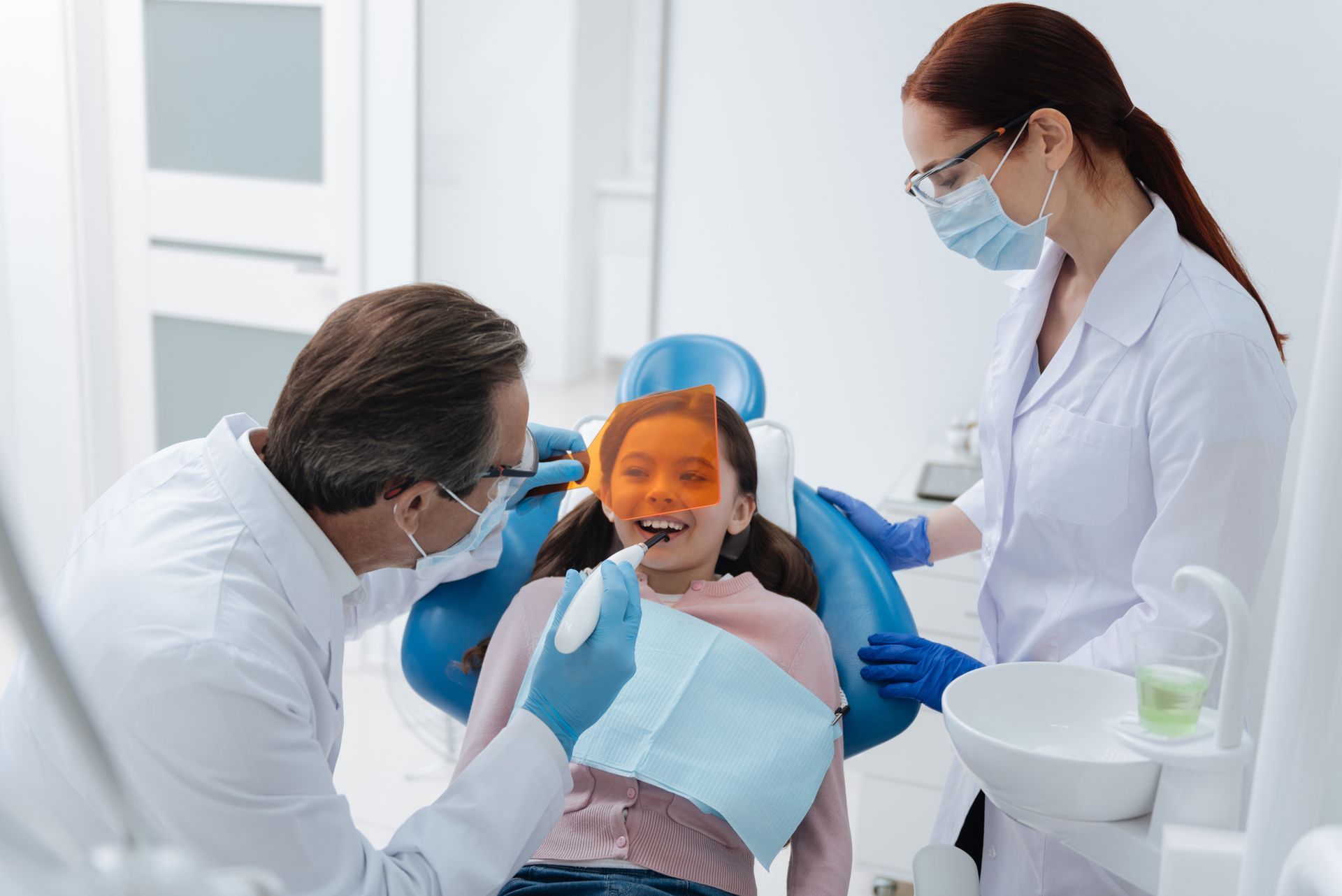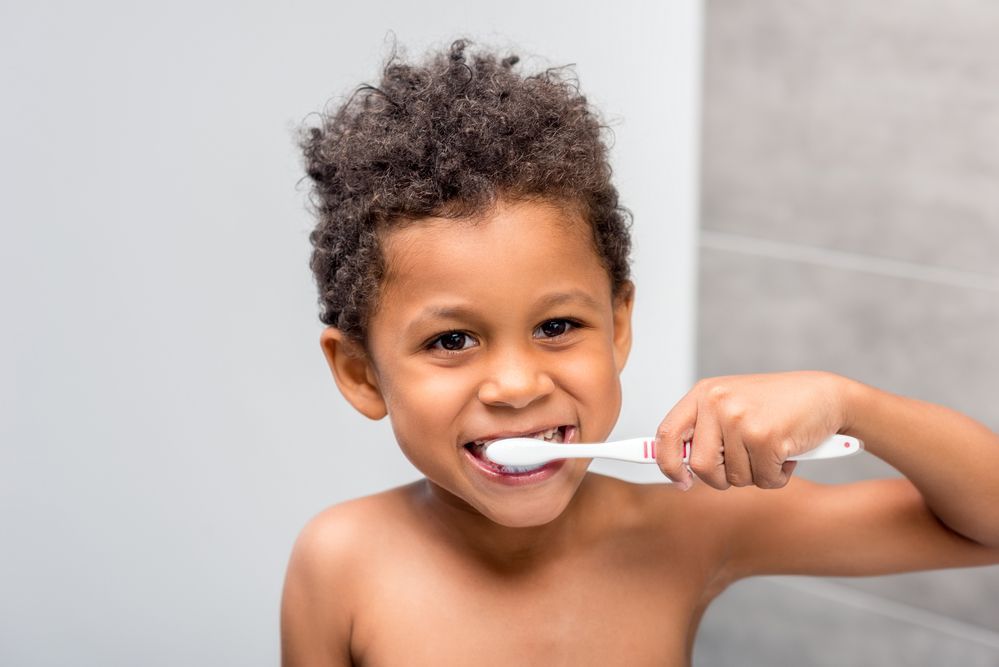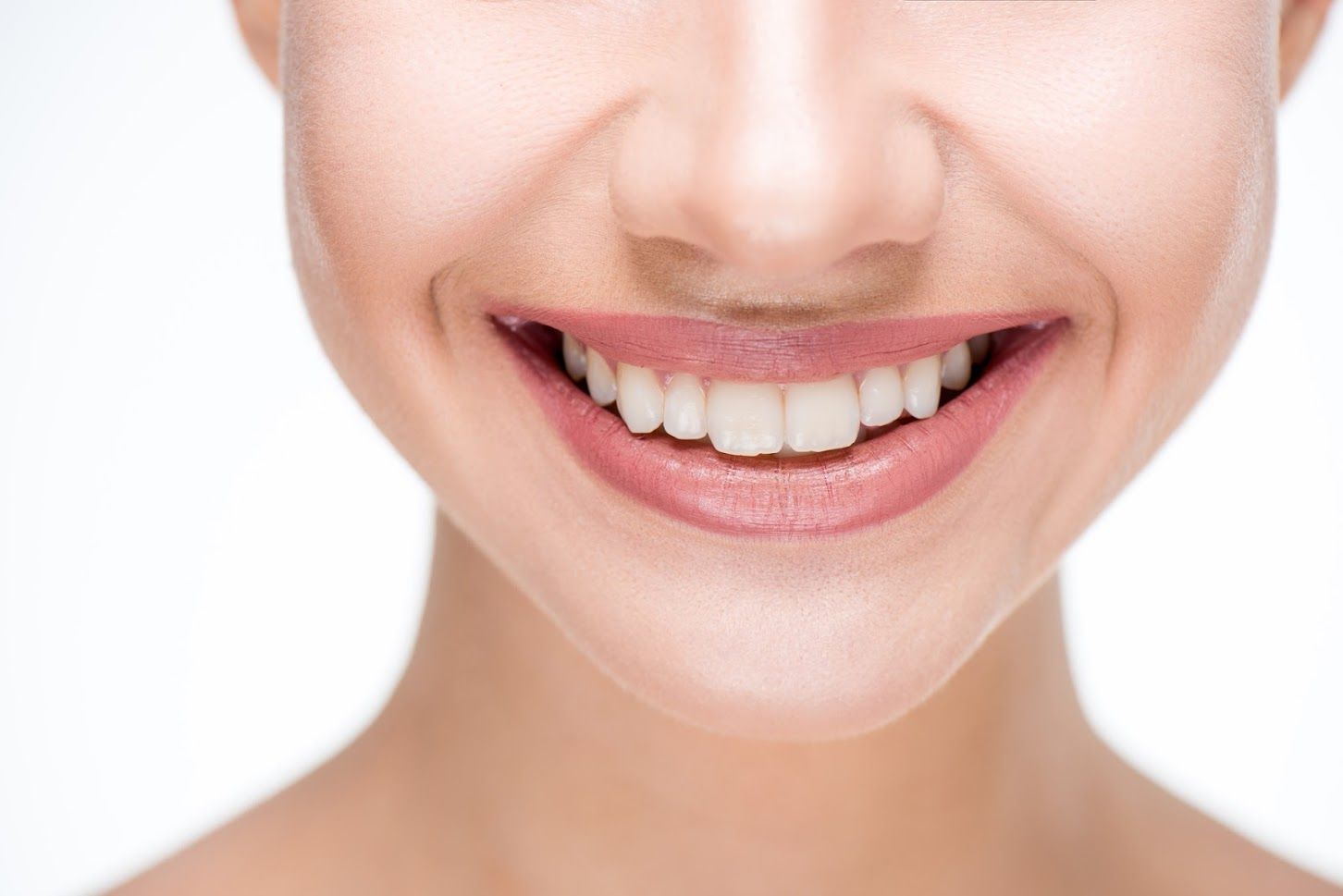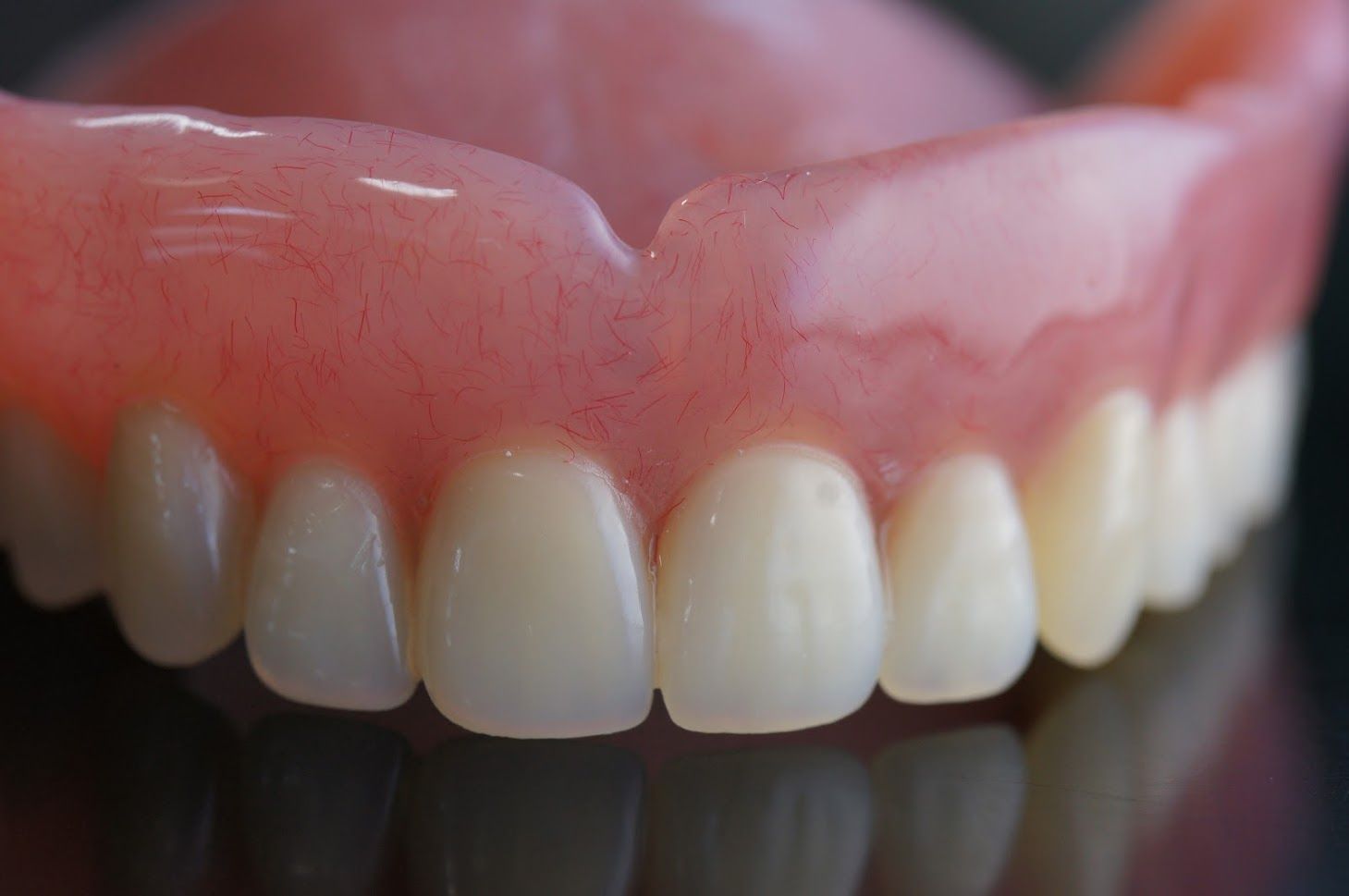How the Foods You Eat Impact Your Dental Health
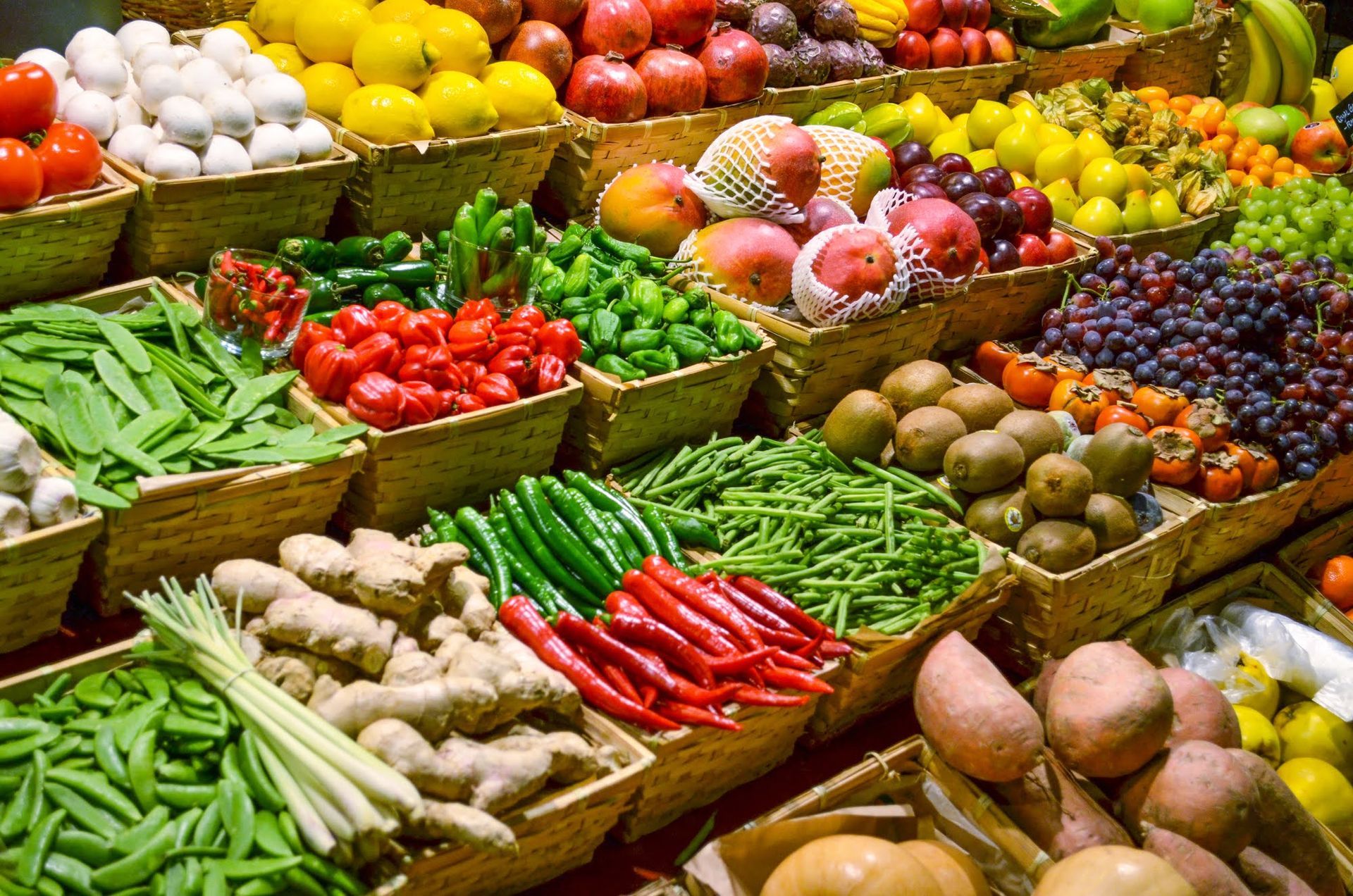
Our mouths are continually undergoing a complex interplay between the foods consumed and the resultant effect on dental health. Though daily brushing and regular dental check-ups form the foundation of good oral hygiene, understanding the role of nutrition is indispensable. Each food item has the potential to either be a bane or boon for the teeth.
Balancing Acidic and Alkaline Foods
The pH balance of the mouth is susceptible to dietary choices. Foods and drinks with high acidic content, like tomatoes, lemons, colas, and some wines, wear down tooth enamel over time. This thinning of enamel can lead to increased sensitivity, a higher risk of cavities, and a duller appearance.
In contrast, alkaline foods like green beans, spinach, and cucumbers can counteract this acidity, restoring balance in the mouth. Thus, ensuring a diet with a mix of both types of foods is crucial for optimal dental health.
Sugary Delights
Candies, pastries, and sugary beverages can be a treat for the taste buds but can spell trouble for teeth. When bacteria in the mouth break down sugar, acid is produced, leading to enamel erosion. The result is a heightened risk of cavities and tooth decay. While cutting out sugar entirely isn’t always realistic, it's important to be aware of how much you’re eating and to maintain proper dental hygiene afterwards.
Crunchy Vegetables
Mother Nature offers her version of a toothbrush in the form of crunchy vegetables. Foods such as radishes, carrots, and celery are not only nutritionally rich but also promote dental hygiene. Their textured surfaces help in scrubbing away stubborn food residues, and the act of chewing them generates saliva, the mouth's natural cleanser.
Dairy Products
Dairy products, notably unsweetened varieties like plain yogurt, milk, and certain cheeses, are replete with calcium and protein. These elements are vital for strengthening teeth and rebuilding enamel. Furthermore, proteins like casein found in these products play a pivotal role in neutralizing acids produced by oral bacteria.
Foods that Taint the Brilliance of Teeth
Many people enjoy a cup of coffee to start the day or a glass of red wine to unwind in the evening. However, such beverages, along with certain fruits like blackberries, can stain teeth over time. These stains, especially if consistent, can dim the natural brilliance of teeth, necessitating treatments to restore their whiteness.
Sticky and Hard Foods
For those with dental treatments such as crowns, bridges, or braces, extra caution is warranted. Foods with a sticky consistency like caramel or certain dried fruits can prove troublesome, risking damage to existing dental work. Similarly, hard foods like ice, hard candies, or certain nuts might fracture crowns or damage braces. A conscious effort to minimize or avoid these foods can ensure the longevity of dental treatments.
Hydration
Regular water consumption, particularly if it's fluoridated, is often overlooked in its importance for dental health. Drinking water helps rinse away food particles, counteracts the effects of sticky or acidic foods, and supports saliva production. This continuous rinsing action is integral in keeping the mouth clean, especially after eating foods that might be damaging to dental health.
Foods Rich in Antioxidants
Antioxidants play a crucial role in defending the body against bacteria that cause inflammation and periodontal disease. Foods rich in these antioxidants, such as beans, nuts, apples, berries, and grapes, can support gum health. Strong and healthy gums are essential, as they are the foundation on which teeth rest.
Achieving and maintaining stellar dental health is a multifaceted endeavor. While hygiene practices lay the groundwork, nutrition fills in the gaps, ensuring a rounded approach. By incorporating beneficial foods and being mindful of those that pose risks, one can confidently flash a smile that speaks volumes of their dedication to dental well-being. Reach out to Airport Road Dental Associates, PC, for more about how the foods you eat can impact your oral health.

